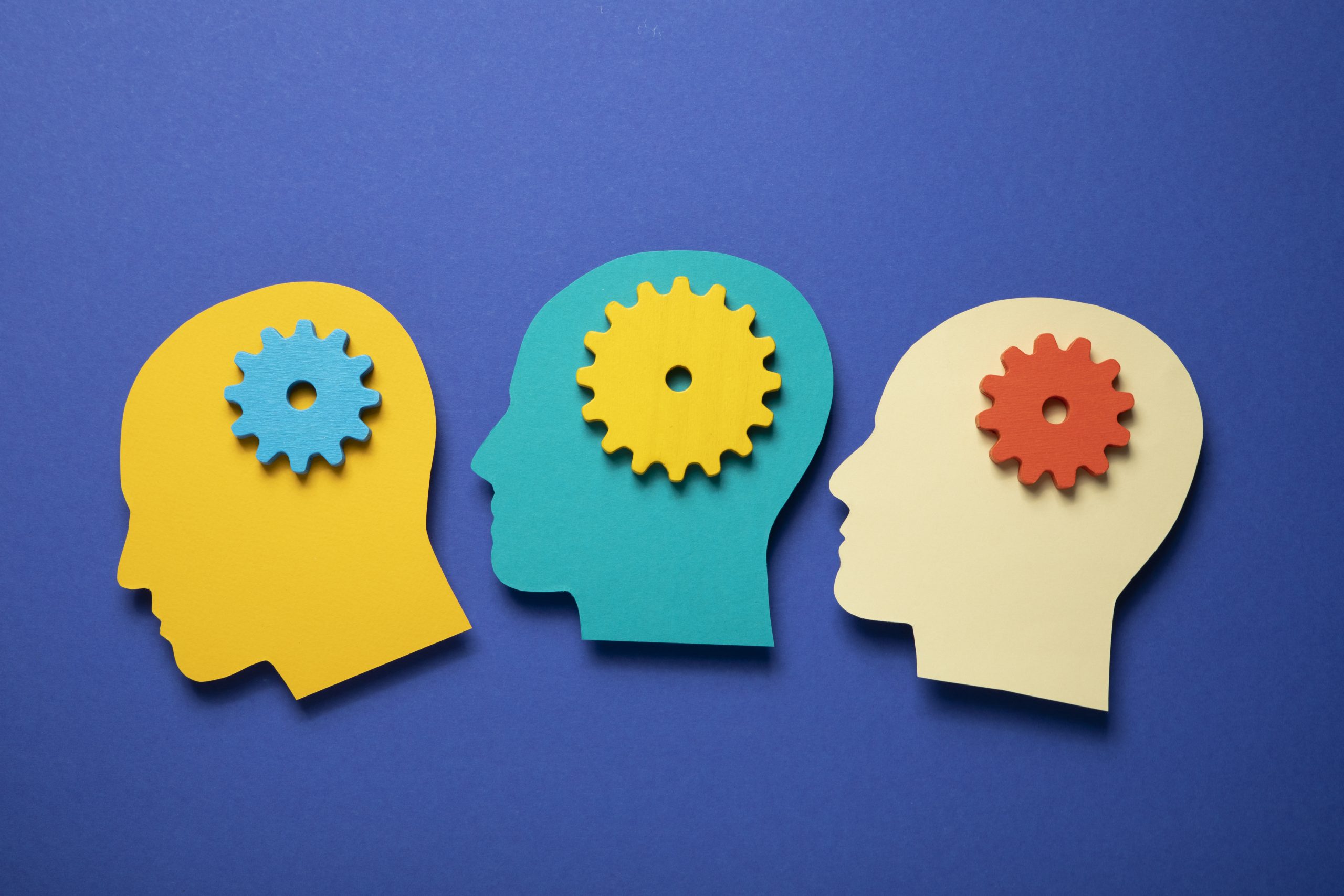When we talk about DEI, most people often think of race, ethnicity, religion, or gender. However, an equally important form that often doesn’t get as much attention is neurodiversity in the workplace and beyond. Neurodiversity encompasses various neurological conditions that affect how someone works. This means that their brain works differently than a neurotypical person. This can refer to ADHD, Autism, or Dyslexia, to name a few conditions.
Why Neurodiversity in the Workplace Matters
Understanding and embracing neurodiversity in the workplace is key to creating an inclusive environment that supports every employee. For organizations, supporting neurodiverse employees is much more than just compliance – it’s about valuing diversity and inclusion and embracing the unique perspectives and strengths these individuals bring to your workplace.
How to Best Support Neurodiverse Employees
Neurodivergent conditions can affect the way someone communicates, focuses, processes information and socializes. It’s important to acknowledge and understand that these differences are not disabilities, but just a natural part of their cognition.
Here’s how to support neurodiverse staff effectively:
- Provide Support & Accommodations: Consider implementing flexible work schedules, sensory-friendly workspaces, and assistive technologies. Regular check-ins and constructive feedback can profoundly impact their work experience.
- Address Stigma: Many people do not understand neurodiversity properly. Educating all employees can create a more accepting and informed workplace culture.
- Encourage An Inclusive Work Culture: Provide training for all employees on the nuances of neurodiversity in the workplace. As leaders, encouraging neurodiverse employees to share their experiences will help their coworkers better understand diverse working styles.
The Importance of Addressing Stigmas Surrounding Neurodiversity
Misconceptions about any group of people can create barriers at work. By addressing these stereotypes head-on, your organization can better support neurodiverse employees. This will lead to a sense of belonging for all team members that will allow them to thrive and grow together.
Embracing neurodiversity in the workplace enriches your team with a variety of abilities and perspectives and fosters a collaborative environment where diverse talents can shine. To further enhance your workplace diversity, explore our mental health and workplace diversity and try a free trial of our Diversity Calendar that includes many educational resources.
FAQs
How can I best support an employee living with neurodiversity?
Neurodiverse employees may prefer clear and direct communication. Try to avoid using sarcasm as some may struggle to understand the context. As much as possible, try to leave questions open-ended so they feel able to respond without pressure. Creating a structured environment with routine schedules can also help, as it provides a predictable and secure framework for their workday. Providing visual aids or written instructions for complex tasks can enhance their understanding and performance.
What are some ways to embrace neurodiversity positively in the workplace?
Organize diversity training that allows you to better understand every team member. Also, be open to feedback from employees on ways that they could be more efficient at work. Be equipped to offer accommodations when necessary. Creating a mentorship or buddy system can provide additional support and foster a sense of belonging. Encouraging a flexible work environment that allows for different work styles and strengths can maximize productivity and employee satisfaction.
What is the best way to work with someone who is neurodiverse?
Workplaces can support neurodivergent employees by providing reasonable accommodations and building awareness in the workplace. This fosters a culture that is diverse and inclusive. It’s also beneficial to focus on their strengths and how these can be used within the team, rather than perceiving neurodiversity as a challenge. Regular check-ins to discuss their needs and any adjustments to their work environment can make a significant difference in their work life.
Is ADHD considered neurodivergent?
ADHD is considered a neurodevelopmental disorder that changes how someone thinks and processes information. Individuals with ADHD may experience challenges with attention, impulsivity, and organization but also often exhibit high levels of creativity and problem-solving skills. Understanding and accommodating these differences can enhance their contribution to the workplace.
Should I tell my employer I’m neurodivergent?
Don’t feel pressured to self-identify, but many employers will work with you to make your workspace more accommodating. Disclosing your neurodiversity can lead to a better understanding of your unique needs and strengths, allowing for a more supportive work environment. However, it’s important to weigh the benefits and potential risks based on your specific workplace culture and policies.




